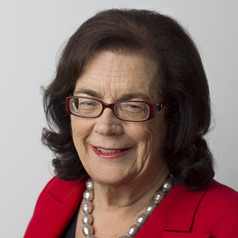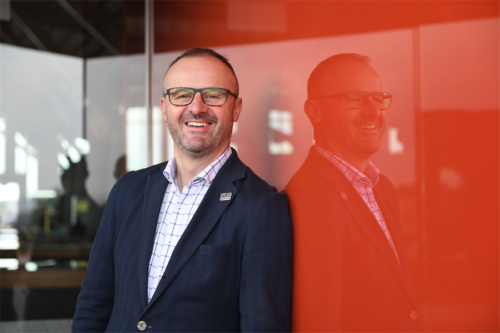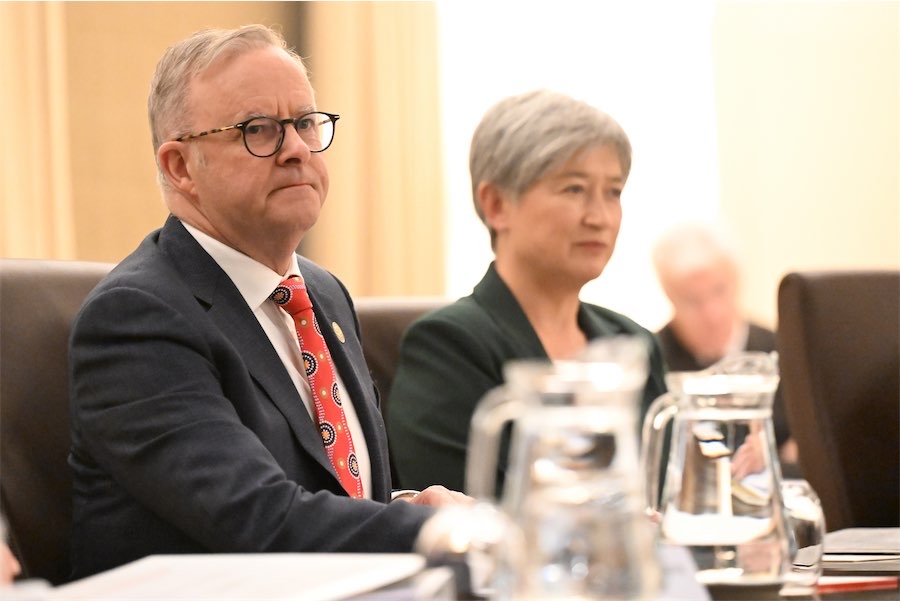MALCOLM Turnbull on Wednesday will pressure the gas industry to increase the supply available to the domestic market, as the government scrambles to get together a viable national energy policy.

The SA plan also includes building Australia’s largest battery to store renewable energy; giving the state minister new powers to direct the market when necessary; providing incentives to encourage gas production, with 10% of royalties to land owners who allow new gas production; setting an “energy security” target; and using the government’s purchasing power to attract new electricity generation, increase competition in the market and put downward pressure on prices.
The plan follows blackouts in the state, and constant attacks from the federal government over the state’s high reliance on renewable energy.
Premier Jay Weatherill said the state was going it alone because “South Australians have been let down by a broken national energy market”.
Going into the gas industry meeting, the federal government said its priority is to make sure adequate gas is available to meet peaking demands. With rising power costs biting politically, it wants more supply into the market to put downward pressure on prices as quickly as possible.
A key issue is that the large amount of gas production that is being exported means that the domestic market is squeezed.
Energy Minister Josh Frydenberg said two-thirds of the gas produced was going overseas in large LNG contracts. Gas from Victoria and SA “which was meant for the domestic market has now been exported to Queensland and off to Asia,” he said.
Frydenberg anticipated there would be “a very frank conversation with the energy companies”.
The problem of “unconventional” gas – coal seam gas – being locked up by state bans will also be canvassed in Wednesday’s discussions, although this is a state matter and the states are not at the meeting.
Addressing an industry conference on Tuesday, Rod Sims, chairman of the Australian Competition and Consumer Commission, called on the big exporters to divert more of their production into the domestic market. He said he hoped the LNG producers saw it in their interests to do this. “I would hate it if we were forced into a position where the government makes them do something.”
The federal government immediately turned on the SA government over its plan. Frydenberg said: “Going it alone created South Australia’s problems and going it alone won’t fix South Australia’s problems.” The measures would increase electricity prices in SA, and had the potential to increase them also in Victoria, NSW and Tasmania, he said. Weatherill said the state government had been told the SA prices would be lower both in relative and absolute terms.
Frydenberg said the federal government was seeking legal advice on whether SA going it alone breached the National Electricity Market rules.
Represented at the gas meeting will be the Australian Petroleum Production and Exploration Association; Santos; Shell Australia; ExxonMobil Affiliates in Australia; Origin; Total E&P Australia; Asia Pacific LNG; Beach Energy; GLNG Operations; and Senex.
Apart from Turnbull and Frydenberg, Industry Minister Arthur Sinodinos and Resources Minister Matt Canavan will be at the meeting.
Ahead of it Turnbull said: “Government and industry recognise the need to work for secure and competitive energy markets that bring forward gas supplies and help to lower emissions.
“The gas industry is a key part of Australia’s prosperity. Households rely on gas supplies to provide an affordable means to heat their homes.
“Thousands of Australian jobs rely on access to affordable and reliable gas supplies. The Australian government is committed to protecting these jobs and maintaining the strength of our manufacturing sector.
“Unfortunately state and territory government bans are putting at risk thousands of jobs by stopping the development of our gas reserves even by conventional means. The only sustainable way to guarantee affordable gas reserves is through the responsible development of our gas.
“The Australian government has called this meeting to find solutions.”
Opposition Leader Bill Shorten said Wednesday’s meeting “must deliver a sustainable solution to the nation’s gas crisis”.
But he attacked the fact that other stakeholders – the states, manufacturers, and customers – were sidelined from the discussion. “It defies sense to leave the groups who control many of the levers on gas policy, the states – and its biggest consumers, the manufacturing industry – outside the room.”
Shorten said that for years Labor had been calling for a national interest test that would reserve gas for domestic users if needed.
He said the government had ignored the warning signs for years and now found itself with a crisis that required immediate action.
The Australian Industry Group said the SA plan was “a serious response to the state’s problems”. But the measures were “not a substitute for the coordinated national reform that our energy markets desperately need”.
The group’s chief executive Innes Willox said national reform of energy markets and climate policy was more urgent than ever. “It is time for all sides and levels of Australian politics to feel the same urgency as South Australians do. We need to agree to national, durable and efficient policies for an energy system that gives Australia a competitive advantage in energy all the way through a global transition towards net zero emissions.”
While the government’s present attention is currently on gas, some weeks ago it was talking about assisting the construction of “clean coal” power stations.
Yet to come is the final Finkel report on energy security, which the government commissioned last year. The preliminary report gave a positive nod to an energy intensity scheme but Turnbull quickly ruled this out.
Michelle Grattan, Professorial Fellow, University of Canberra
This article was originally published on The Conversation. Read the original article.
Who can be trusted?
In a world of spin and confusion, there’s never been a more important time to support independent journalism in Canberra.
If you trust our work online and want to enforce the power of independent voices, I invite you to make a small contribution.
Every dollar of support is invested back into our journalism to help keep citynews.com.au strong and free.
Thank you,
Ian Meikle, editor




Leave a Reply